Gotthold Ephraim Lessing's "Minna von Barnhelm" stands as a significant contribution to the emergence of German drama in the 18th century, intertwining themes of love, loyalty, and the complexities of human emotions against the backdrop of the Seven Years' War. Lessing employs a blend of comedy and serious reflection, utilizing rich dialogue to explore the interplay between social class and personal integrity. The characters are vividly drawn, embodying the contradictions of their time, particularly the societal expectations faced by women, showcased through the titular character, Minna, who challenges norms with her spirited independence and intelligence. Lessing, often hailed as a pioneer of modern drama, drew from his background in Enlightenment thought, advocating for reason and humanity amidst the chaos of war and societal strife. His engagement with the philosophical currents of his time, including Rationalism and Humanism, fueled his desire to portray authentic human experiences. "Minna von Barnhelm" reflects his deep commitment to questioning moral values and the importance of personal honor, undoubtedly influenced by his own encounters with the tumult of 18th-century German society. This play is highly recommended for readers interested in an exploration of character-driven narratives that resonate with timeless issues of societal constraint and individual agency. Lessing's deft blend of humor and pathos not only entertains but encourages reflection on the nature of relationships and moral choices, making "Minna von Barnhelm" a pivotal work for both literary scholars and general readers alike.
Minna Von Barnhelm
Begin vandaag nog met dit boek voor € 0
- Krijg volledige toegang tot alle boeken in de app tijdens de proefperiode
- Geen verplichtingen, op elk moment annuleren
Auteur:
Taal:
Engels
Formaat:
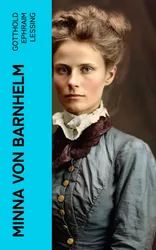
Minna Von Barnhelm
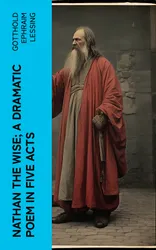
Nathan the Wise; a dramatic poem in five acts
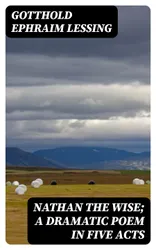
Nathan the Wise; a dramatic poem in five acts : Enriched edition. A Crusades-Era Drama of Tolerance, Interfaith Dialogue, and the Parable of the Three Rings
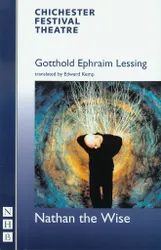
Nathan the Wise
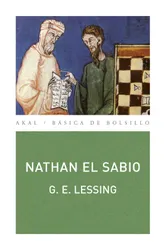
Nathan el sabio

Harvard Classics Volume 26 : Continental Drama
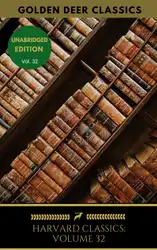
Harvard Classics Volume 32 : Literary And Philosophical Essays

The Dramatic Works of G. E. Lessing: Miss Sara Sotti, Nathan the Wise
